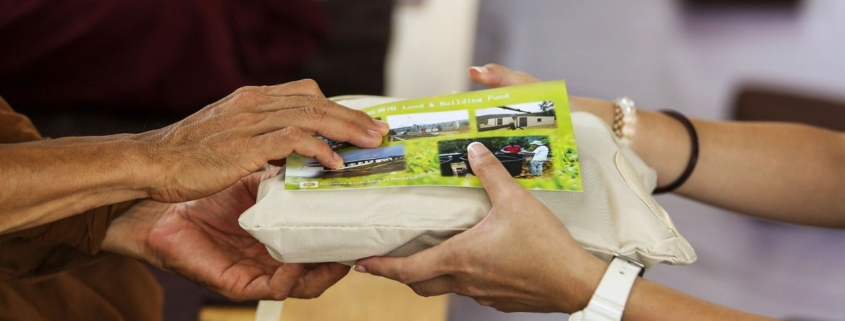CARES Act: Increased Charitable Contribution Limits for Individuals & Corporations
Please note: This blog is current to the date of its publication, Wednesday, Nov. 18. For additional updates or assistance navigating these uncertain times, please contact us or visit our SST COVID-19 resource page.
A lesser-known part of the Coronavirus Aid, Relief and Economic Security (CARES) Act altered annual charitable contribution limits for both individuals and corporations. These changes, implemented for contributions in 2020, are outlined below.
Individuals
Among the changes made to the tax code in response to COVID-19 are two provisions under the CARES Act (Pub. L. No. 116-136) that increase the limitations on charitable deductions made in cash by individuals.
- For 2020, an individual will be allowed a deduction for up to $300 in charitable contributions without itemizing. Contributions made to private non-operating foundations, supporting organizations and donor-advised funds do not qualify for this provision.
- Prior to 2020, deductions for charitable contributions made in cash were limited to 50% or 60% of your adjusted gross income. For 2020, if elected, taxpayers will be able to deduct charitable contributions of up to 100% of adjusted gross income. Contributions made to private non-operating foundations, supporting organizations and donor-advised funds do not qualify for this enhanced limitation, although they remain deductible up to the existing limit.
C Corporations
There are also two provisions under the CARES Act (Pub. L. No. 116-136) that increase the limitations on charitable deductions for corporations.
- In the past, the deduction for charitable contributions made in cash had been limited to 10% of taxable income. For contributions made during 2020, if elected, corporate taxpayers will be able to deduct charitable contributions up to 25% of taxable income. For fiscal year taxpayers, contributions made during calendar year 2020 are eligible for this election, whether included in the 2019 tax return or the 2020 tax return. Contributions made to private non-operating foundations, supporting organizations and donor-advised funds do not qualify for this new limitation, although they remain deductible up to the usual 10% limit. Contributions of property (i.e., securities or personal property) also do not qualify for this enhanced deduction limit, although they continue to be deductible subject to the existing limits.
- In addition to the increased limitation for cash contributions, food inventory donated by a corporation is also deductible in an amount up to 25% of taxable income rather than 15% of taxable income. No election is required for this provision.
Partnerships & S Corporations
While no elections are required on the part of the pass-through entity, it is worth mentioning that these entities should endeavor to provide sufficient information to K-1 recipients to enable them to make the necessary elections on their returns.
For more information or guidance navigating your 2020 taxes, contact the experts at SST today or click here to learn more about our tax services.
Special thanks to SST Senior Tax Manager Rachel Alexander for providing the content for this post.







